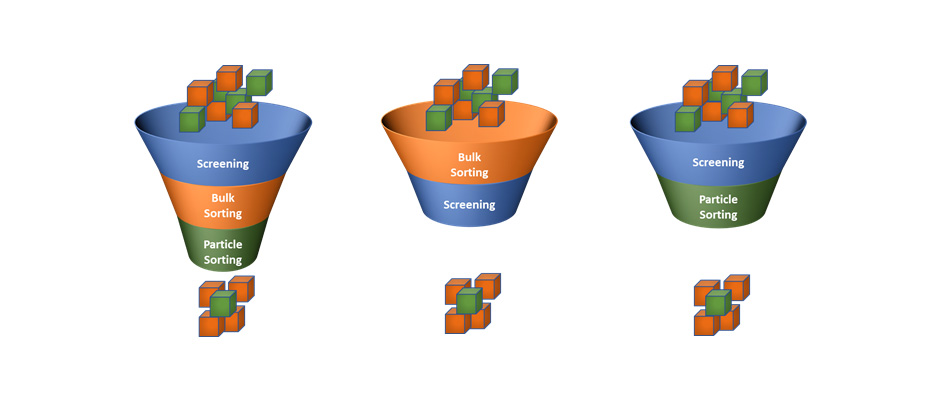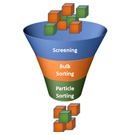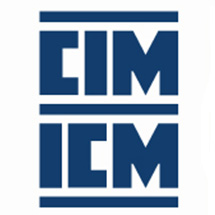The mining and metallurgical industry are one of the top three air pollutants. If Kazakhstan fails to meet its obligations to reduce greenhouse gas emissions, companies may lose their positions in the world markets due to non-compliance with "green" standards. Reducing carbon emissions by 19% by 2030 and being carbon neutral by 2060 will require a clear roadmap and coordination across all sectors. To fulfil carbon neutrality commitments, companies must significantly increase investment in the development of "green" technologies. Many are already implementing programs to cut back carbon emissions.
However, the transition to carbon neutrality will require unprecedented investments in the development of new production methods and renewable energy technologies. To achieve carbon neutrality, the state needs to make a difficult decision to abandon coal mining, which is the main source of energy generation and the economy of several regions. The transition to solar and wind energy will raise tariffs and reduce the competitiveness of exported products. For the implementation of renewable energy technologies in the mining and metallurgical industry, adjustments are needed in the national strategy for socio-economic development. Clearly defined ecological fiscal regulation and green taxonomy will be playing a critical part in supporting sustainable and responsible mining.
Discussion themes:
• Zero carbon agenda of Kazakhstan’s mining industry. Plans and Strategies.
• How does the government of Kazakhstan plan to encourage companies to invest in achieving carbon neutrality?
• How will cross-border carbon regulation develop and how will this affect the competitiveness of exporting mining and metallurgical companies?
• Strategies for the development of the coal industry in Kazakhstan’s carbon neutrality doctrine.
• What are the challenges of reducing carbon emissions of the mining industry?
• What archetypes of energy transition and decarbonisation are available to mining operations in Kazakhstan?
• How much does carbon-free mining cost?
• How do companies plan to finance decarbonisation?
• What technologies can bring the fastest and most efficient results for reducing emissions?
• Will the mining and metals sector be able to turn climate risks into opportunities, and at what cost to business?
Moderator:
David Pearce, Managing Director, SRK Consulting (Russia)
Speaker Slots:
08:45 - Meeting the Challenge of Decarbonising Mining | David Pearce
09:05 - Aligning to the Paris Agreement: Setting and Committing to Science-based Decarbonisation Targets | Christopher O'Brien




